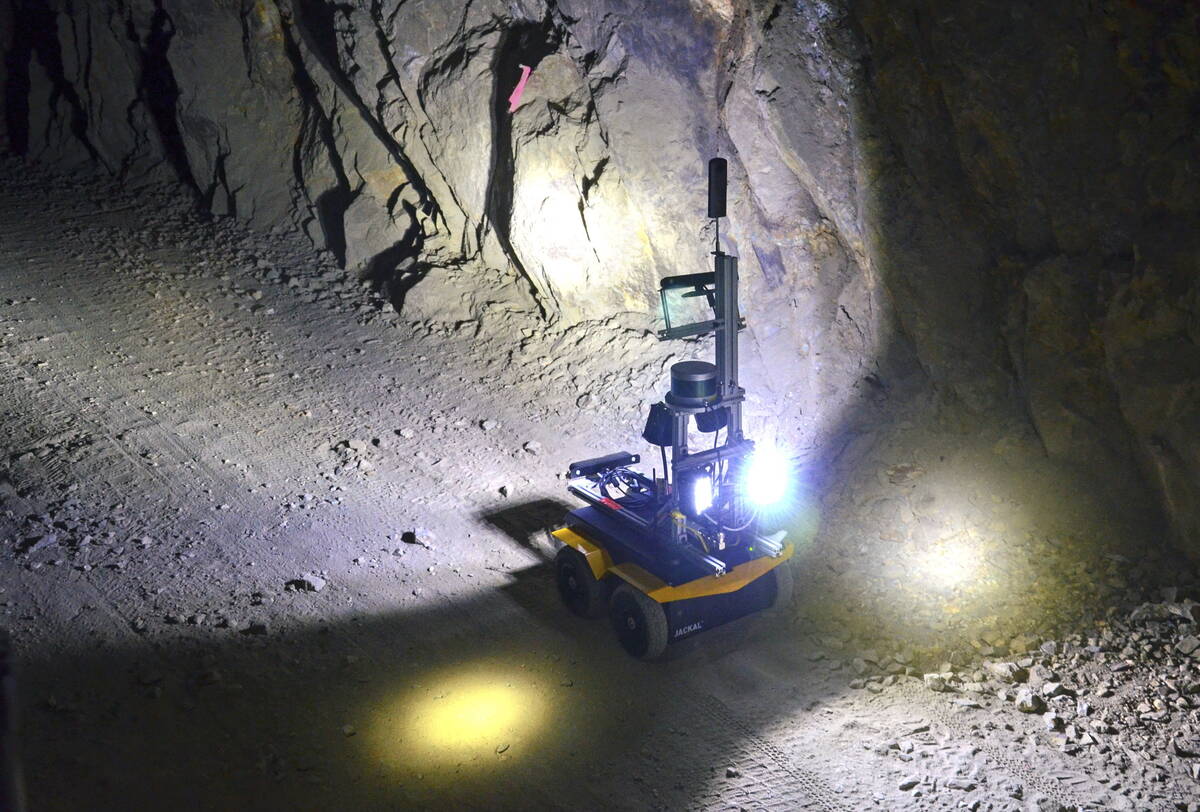EDITORIAL: Cleaning up abandoned mine sites
For more than a century, abandoned mines such as the Triumph Mine in central Idaho have scarred the American West, leaking toxic heavy metals into waterways and threatening communities and ecosystems. Yet despite the dangers of these sites, many have been left to fester, largely because of outdated federal liability laws that punished those who tried to help.
Nevada has an estimated 200,000 abandoned mines. As many as 400,000 abandoned mines are scattered throughout the West.
In a rare display of rationality this month, President Joe Biden signed new bipartisan legislation that removes bureaucratic barriers keeping Good Samaritans from cleaning up some of these polluted sites.
As Tate Watkins of Reason notes, the story of the Triumph Mine is a common one. Decades of silver, lead and zinc production left behind abandoned tunnels and toxic waste. After the mining company responsible declared bankruptcy, the state of Idaho was left to pay the bill. Local conservationists wanted to step in, but they would have faced potential liability under the Clean Water Act, which dictated that those who tried to clean up an abandoned mine became legally (and permanently) liable for all past and future pollution.
This counterproductive policy tied the hands of conservation groups, ranchers and other would-be volunteers who hoped to make a difference.
The Good Samaritan Remediation of Abandoned Hardrock Mines Act seeks to change all that.
“For more than 25 years, Good Samaritans have tried to clean up abandoned mines,” noted the legislation’s sponsor, Sen. Martin Heinrich, D-N.M., in a statement, “but have faced significant hurdles and liability rules that hold them responsible for all the pre-existing pollution from a mine — despite having no involvement with the mines before their cleanup efforts.”
The law establishes a pilot program at 15 mines that allows federal regulators to certify state agencies, tribal organizations, nonprofits or other groups to do cleanup projects without facing the burden of assumed liability. As Mr. Watkins points out, this isn’t a free pass for polluters. The law applies only to those with no historical connection to the site and who seek to improve conditions.
Groups such as Trout Unlimited hope to take advantage of the new conditions. “Don’t let perfect be the enemy of the good,” Jason Willis, an environmental engineer with the conservation group, told the Idaho Capital Sun. “We can potentially do like a 70 percent improvement in water quality that would then support aquatic life, as opposed to 100 percent water quality that would be unachievable both financially and long term.”
For too long, bureaucratic red tape has stood in the way of progress. This new law cuts through the bureaucratic nonsense and lets people with the will and the skills make a difference. In these bitterly partisan times, the legislation is a clear victory for conservation, public health and common sense.
The goal of these pilot projects should be to successfully pave the way for the program to become a permanent part of the improving the landscape in Nevada and across the West.


















